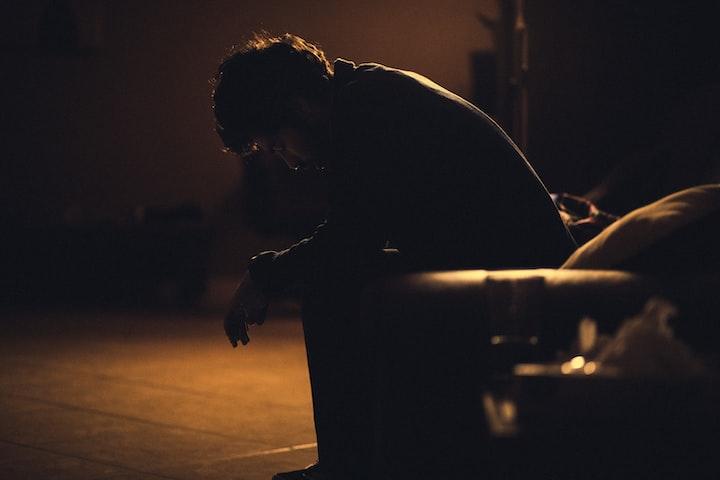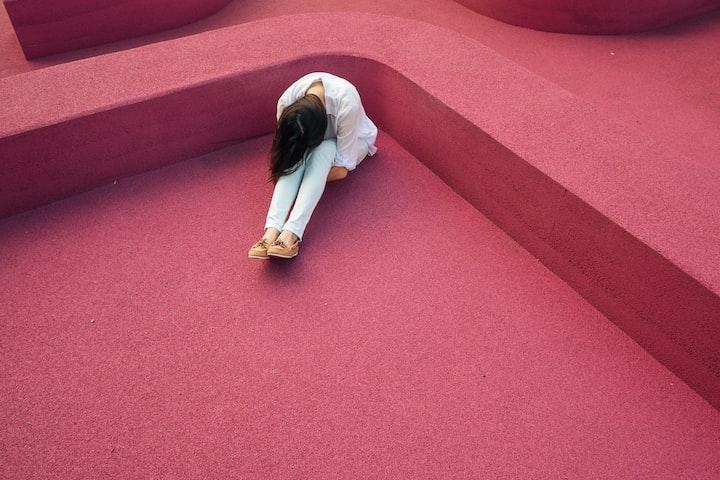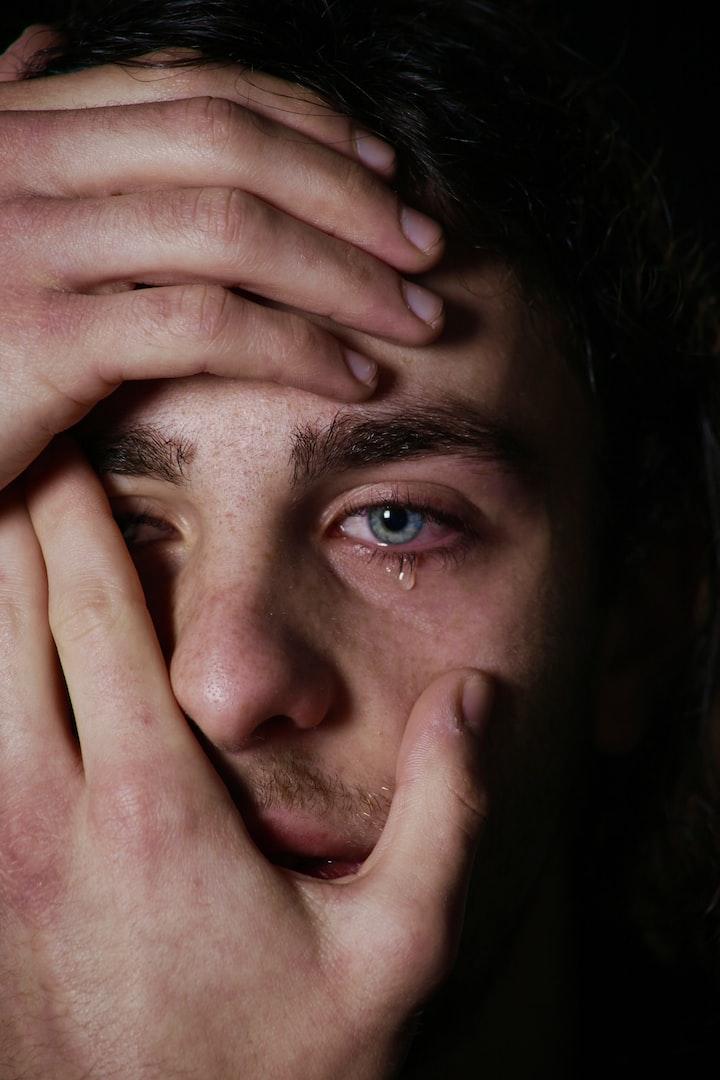What Can I Say Instead of Crying?
Crying is a perfectly natural and healthy way to release feelings of sadness, stress, or pain. However, there are times when crying may not be appropriate or welcome (e.g., at work or during a funeral). In these situations, it can be helpful to have some alternative ways to cope with and express your emotions. Here are a few ideas:
•Talk to a trusted friend or family member about what’s upsetting you.
•Write down your thoughts and feelings in a journal.
•Engage in some form of creative expression, such as painting, drawing, writing poetry, etc.
•Take a walk outdoors or engage in another form of exercise to help boost your mood.
•Practice relaxation techniques such as deep breathing or progressive muscle relaxation.
Read More »What Can I Say Instead of Crying?






